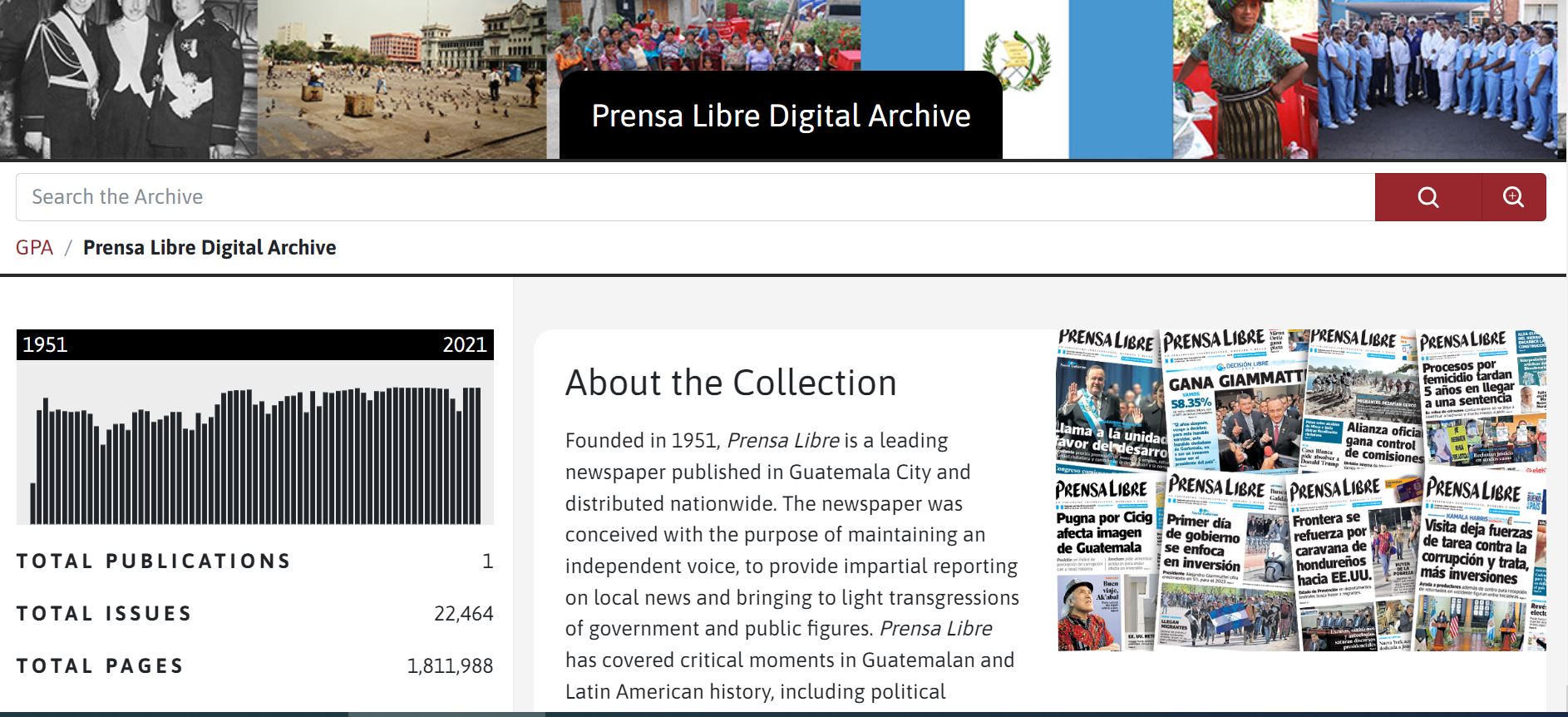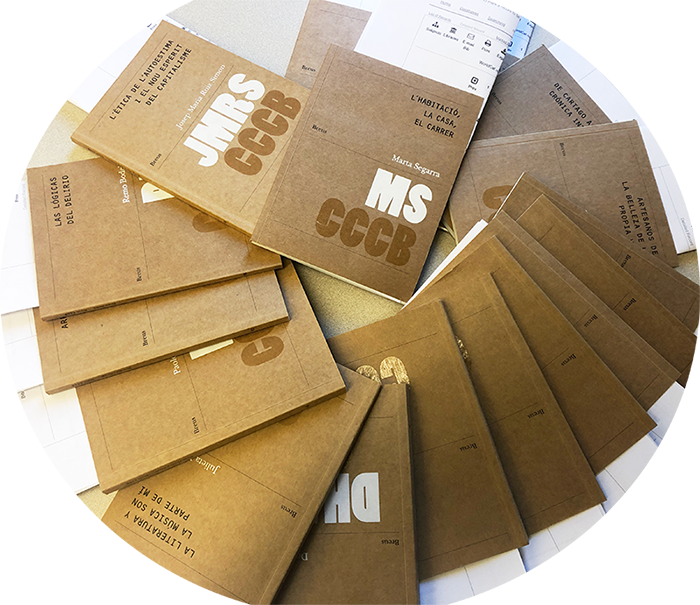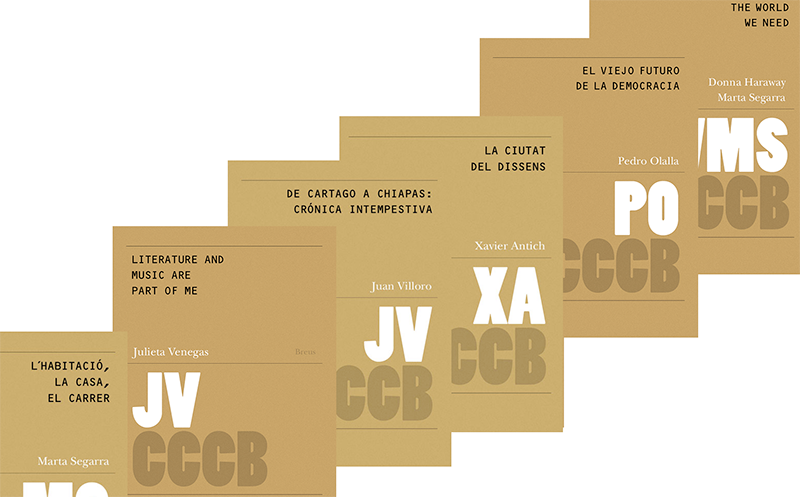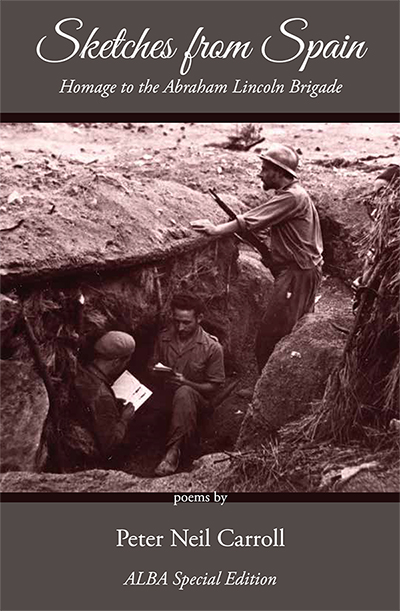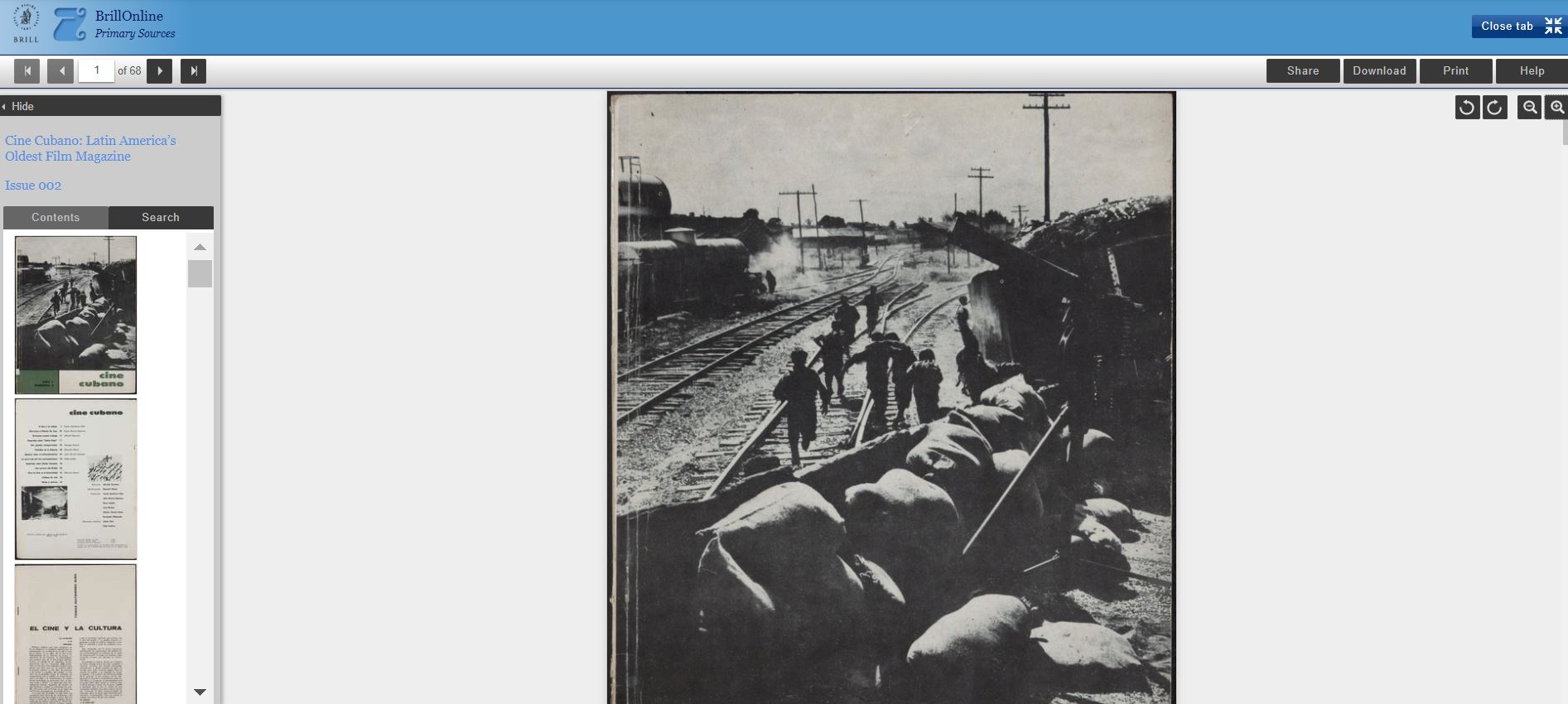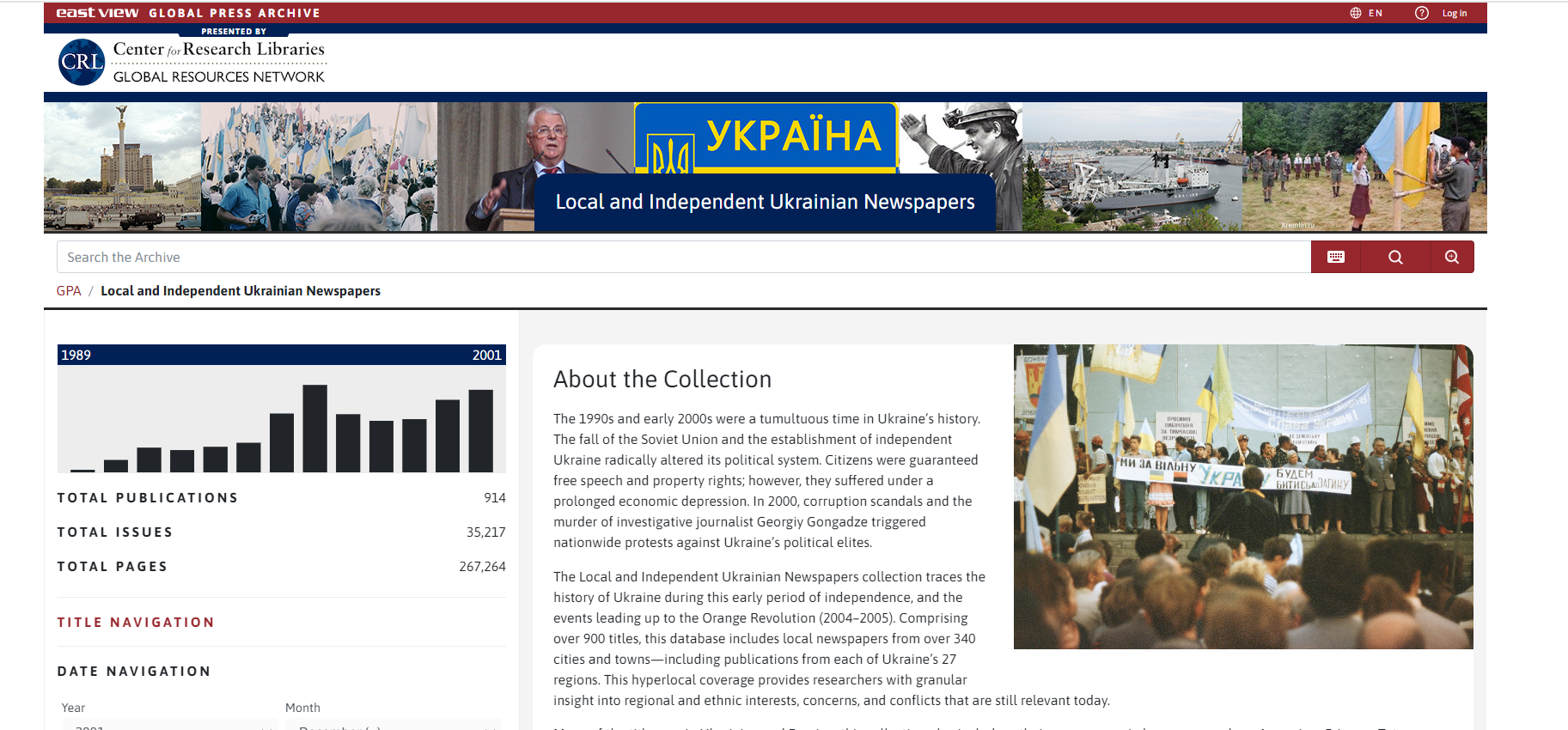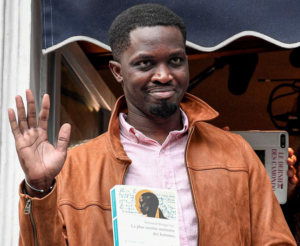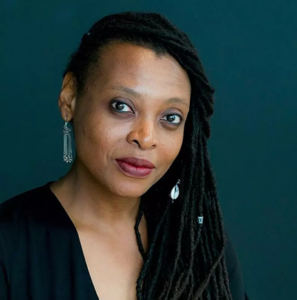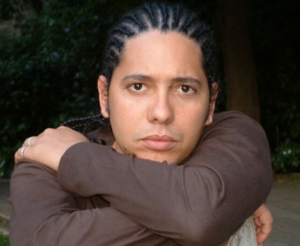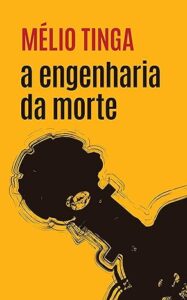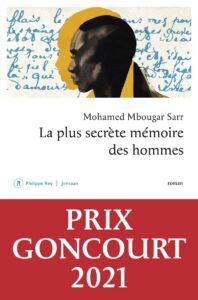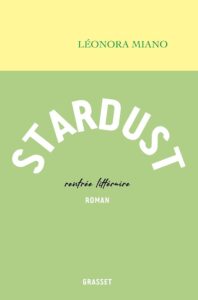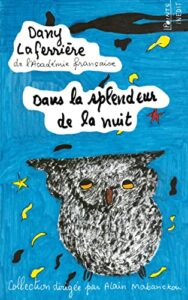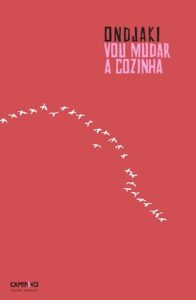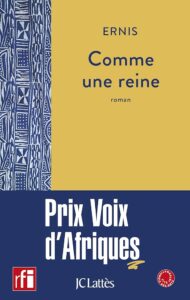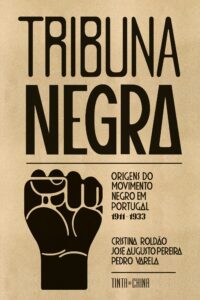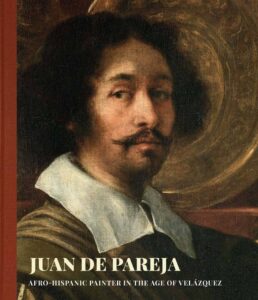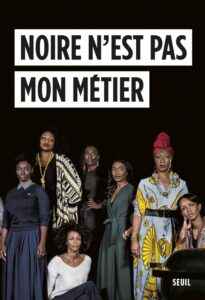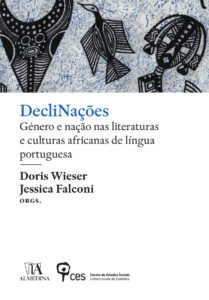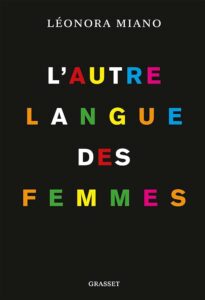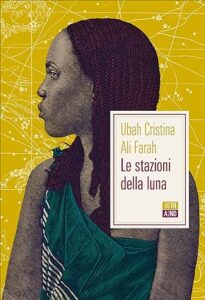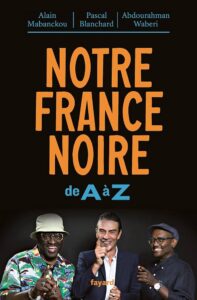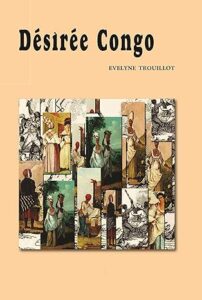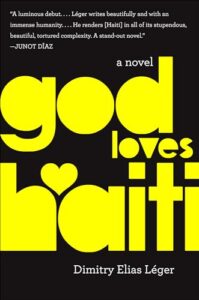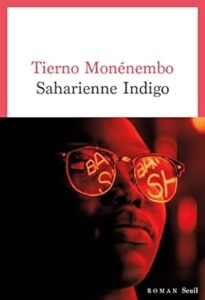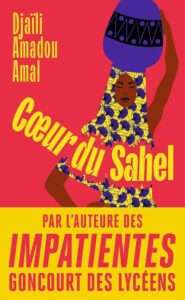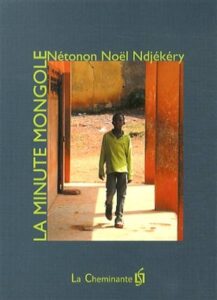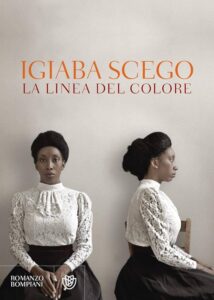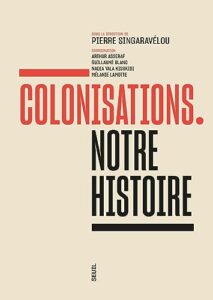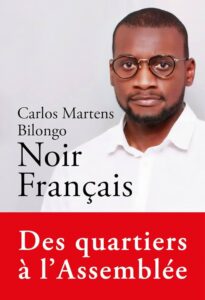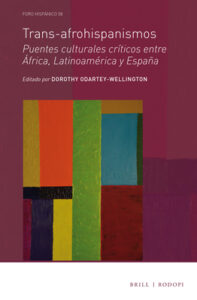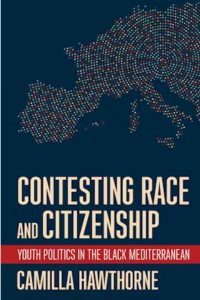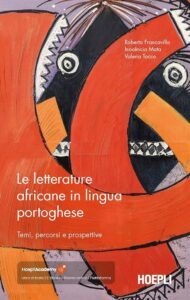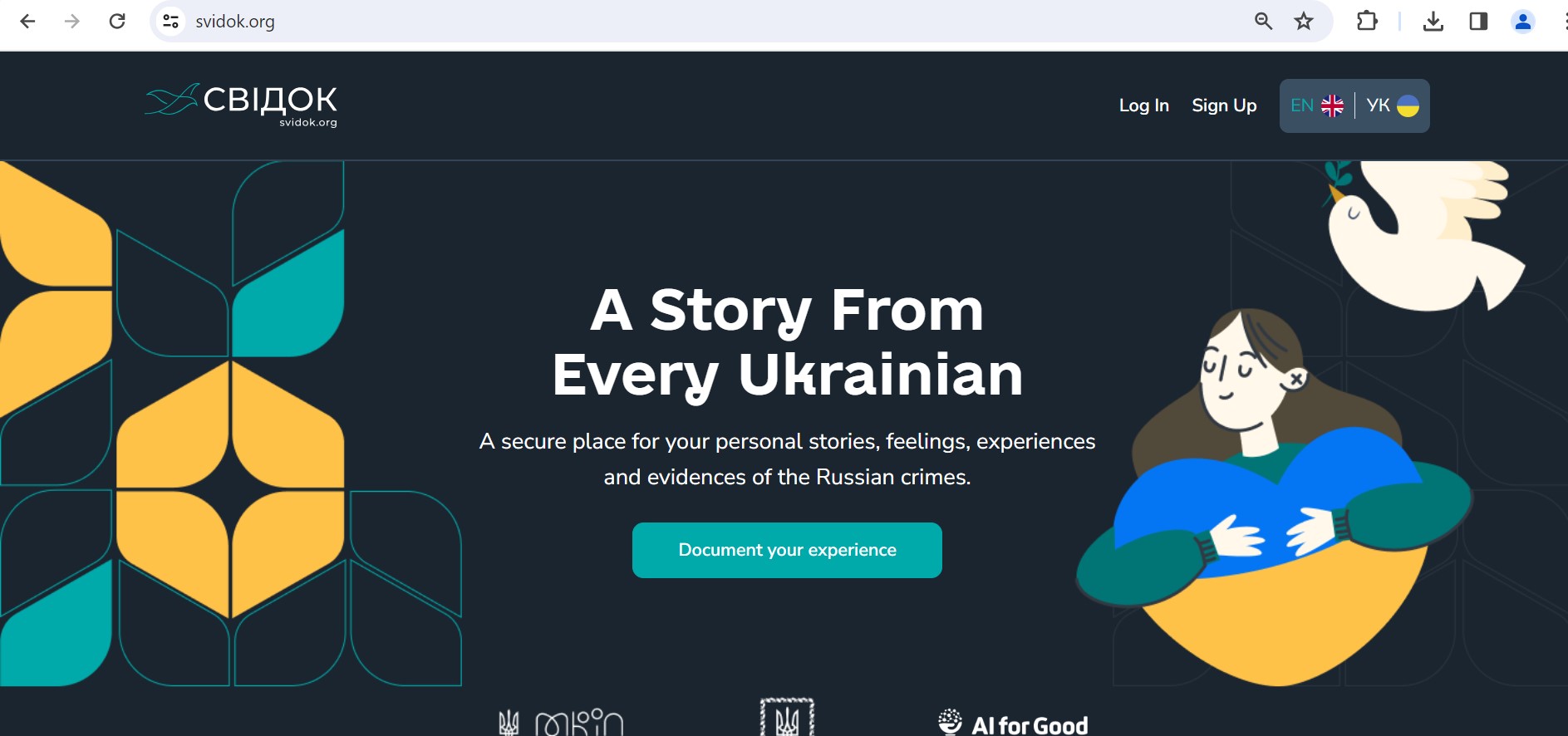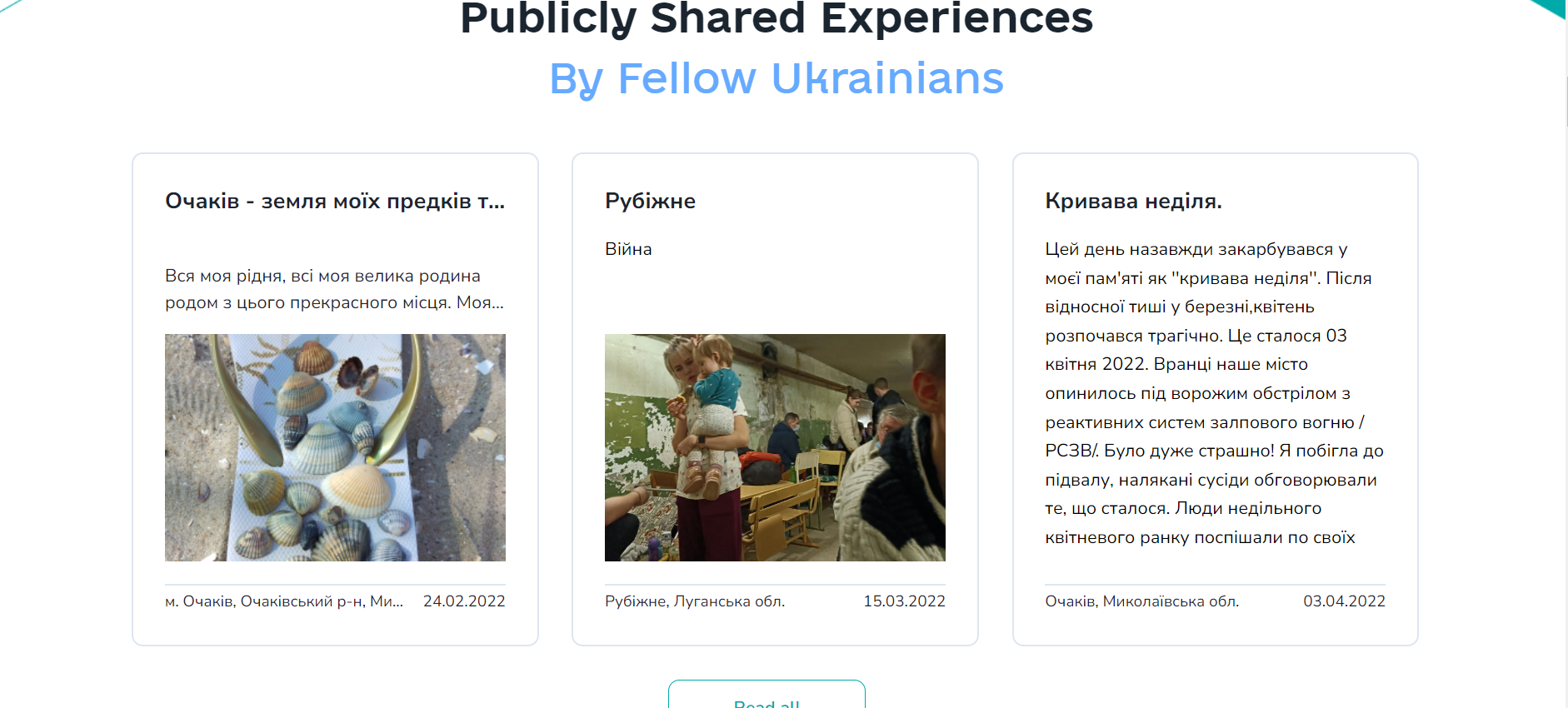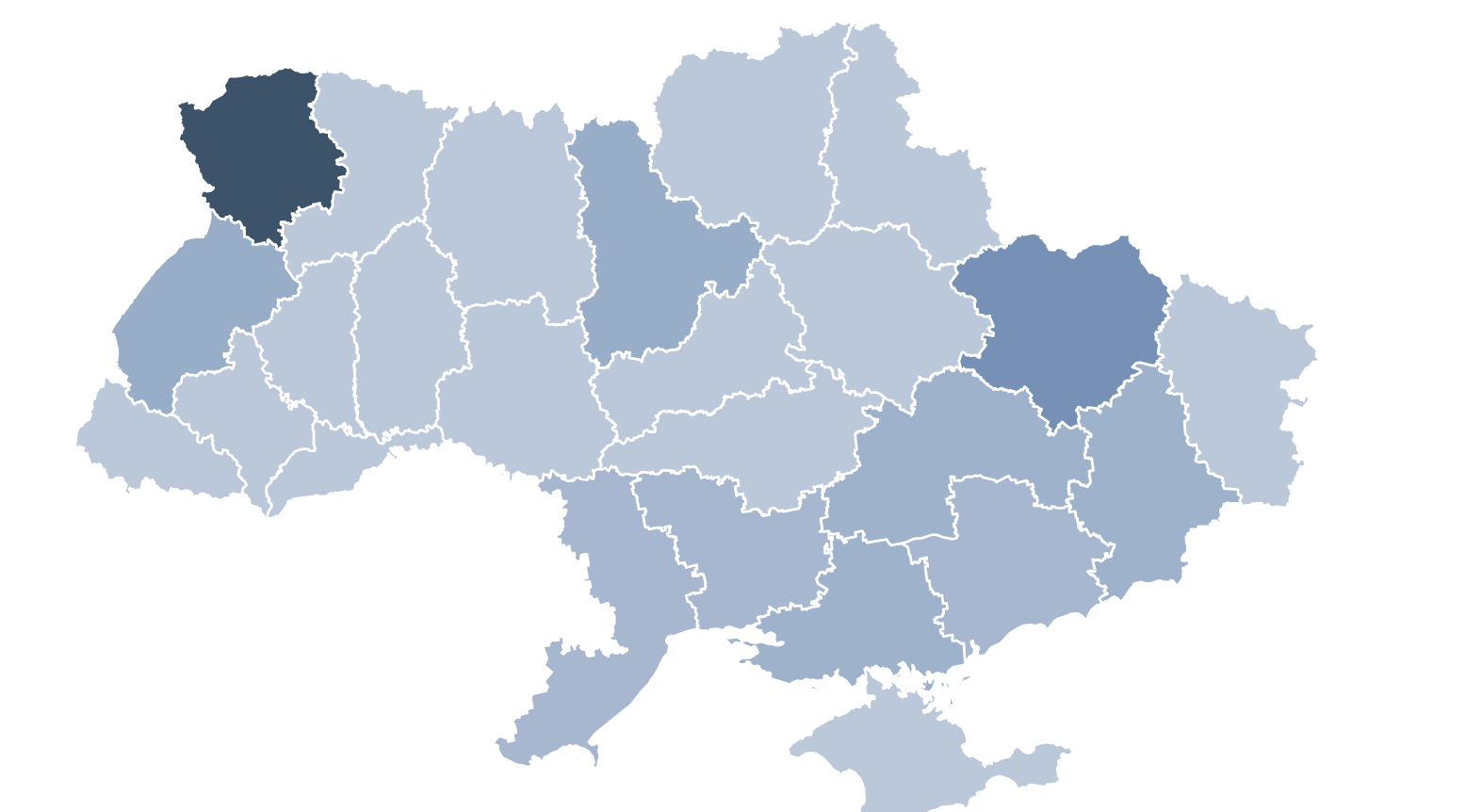International & Area Studies
Col·lecció Breus from the Centre de Cultura Contemporània de Barcelona (CCCB)
The Centre de Cultura Contemporània de Barcelona (CCCB) makes available the transcripts of debates, lectures, seminars, and symposia given by luminaries from both sides of the Atlantic over the years. Here are a few of these printed lectures, now published as bilingual pamphlets by Editorial Breus, now in the UC Berkeley Library collection:
98. La literatura y la música son parte de mí / Literature and music are part of me – Julieta Venegas
96. El món que necessitem / The World we need – Donna Haraway – Marta Segarra
92. Arrautza, ou, huevo, oeuf, egg / Arrautza, ou, huevo, oeuf, egg – Bernardo Atxaga
91. La revolució avui / Revolution today – Angela Davis
81. El viejo futuro de la democracia / Democracy´s old future – Pedro Olalla
67. L’habitació, la casa, el carrer / Room, House, Street – Marta Segarra
63. La ciutat del dissens. Espai comú i pluralitat / The City of Dissent: Shared Space and Plurality – Xavier Antich
58. L’È́tica de láutoestima i el nou esperit del capitalisme / The Ethics of Self-esteem and the New Spirit of Capitalism – Josep Maria Ruiz Simón
49. De Cartago a Chiapas: crónica intempestiva / From Carthage to Chiapas: An Untimely Chronicle – Juan Villoro
46. Com si Déu no existís / Come se Dio non ci fosse – Paolo Flores d’Arcais
44. Estado de excepción y genealogía del poder / The State of Exception and the Genealogy of Power – Giorgio Agamben
40. Violència d’Estat, guerra, resitència / State Violence, War, Resistance – Judith Butler
35. Artesanos de la belleza de la propia vida / Crafters of the Beauty of Life Itself – Ángel Gabilondo
32. L’ambigüitat de la puresa / The Ambiguity of Purity – Lluís Duch
30. L’amistat / On Friendship – Jordi Llovet
18. Las lógicas del delirio / Logics of Delusion – Remo Bodei
View all publications in the CCC series on the publisher’s website.
Curating Literature @UC Berkeley’s Center for Latin American and Caribbean Studies
Curating Literature

This online event on curating literary festivals will feature: Milena Britto, curadora literaria independiente; Natalia Brizuela, curadora y editora independiente; Cristina Fuentes La Roche, Directora, Hay Festival; Mauro Munhoz, Co-fundador y Director FLIP, Festa Literária Internacional de Paraty; Jamille Pinheiro Dias, curadora independente; Amalia Sanz, Directora FILBA, Festival Internacional de Literatura de Buenos Aires.
This event will be in Spanish and Portuguese, with simultaneous interpretation into English
Review of Sketches from Spain: Homage to the Abraham Lincoln Brigade
Peter Neil Carroll. Sketches from Spain: Homage to the Abraham Lincoln Brigade. ALBA Special Edition. Charlotte, NC: Main Street Rag Publishing Company, 2024.
Scholar and poet Peter Carroll may be best known for his historical works on the Spanish Civil War and the 2,800 Americans who served in it. Building on The Odyssey of the Abraham Lincoln Brigade: Americans in the Spanish Civil War (1994) and From Guernica to Human Rights: Essays on the Spanish Civil War (2015), this new collection of poems is a tribute to those volunteers known as Lincolns. Longshoremen, sailors, teachers, students, novelists, poets, nurses, doctors, barbers, carpenters, florists, truck drivers, plummers, salesmen, tailors, artists, cabbies, musicians, and factory workers of all types joined the International Brigades to stop fascism from spreading in Europe. Men and women alike, Jews, African Americans, Asian Americans from virtually all fifty states united in a common cause to liberate the democratically elected Republic of Spain from a fascist uprising led by General Francisco Franco and the neighboring dictators who propped him up—Hitler and Mussolini. Through a lyrical collage of archival sources and blank verse, Carroll has assembled a poignant testimonial of those Americans he knew who enlisted in the Abraham Lincoln and Washington battalions of the International Brigades, more commonly referred to as the Lincoln Brigade after the war.
The Lincolns or brigadistas were united by the choice they made to risk it all crossing the Atlantic for an uncertain fate. The deceased, the survivors, and even the deserters get equal page space in Carroll’s kaleidoscope homage. But not all are typical heroes in these non-fiction poems. The first is dedicated to the fragmented unknown soldier:
Does it matter who he is
or why he’s smiling, what he read?
he was there,
Spain 1937
in ill-fitting trousers and shirt,
fighting fascists,
anonymous, immortal.
Other poems are dedicated to those who became known for their personal uniqueness, or the unique path they took to get to Spain. Many of these volunteers were first-generation children of immigrants from big cities, and small towns. One Lincoln was the son of an Ohio governor while another actually ran for governor of California in 1946. Among the better known is the charismatic Berkeley graduate student Robert Merriman—son of a lumberjack—and his wife Marion, who arrived from California via a research fellowship in Moscow. Novelist, journalist, and screenwriter Alvah Bessie was one of the “Hollywood 10” and appeared before the House Un-American Activities Committee in 1947 where he refused to talk, and became “a minor star mingling with the left elite.” Another who rubbed shoulders with Ernest Hemingway—one of the most renowned chroniclers of the war—was a working class Jew from Brooklyn named Milton Wolff, who began as a machine gunner and was quickly promoted to battalion commander before returning home with the rest of the international volunteers in December 1938.
The war in Spain brought dignity to those discriminated against at home because of the color of their skin, such as Crawford Morgan:
In Spain I felt like a human being, a man.
People didn’t look at me with hatred in
their eyes because I was black, it is quite
a nice feeling to feel like a human being.
Or Salaria Kea:
She stood out, the one African American
woman in the Spanish Civil War, a nurse who
spoke her mind, fought racism, saved lives.
Carroll’s poems, rarely more than a page, are structured around both known and little known facts which defined these volunteers, many whom Carroll was able to interview himself when they were alive. Nearly all joined the Communist party—a prerequisite of the Comintern’s recruitment and a decision which would follow the survivors back to the United States. Many Lincolns were persecuted, blacklisted, imprisoned, or driven to suicide or exile by their own government during the McCarthy era. Carroll’s verses locate the humanity in those volunteers who had broken and turned against the cause. Edward Barsky, on the other hand, was among so many like Bessie and others who paid a high price for refusing to name names:
[…] He went to prison—
six months and a fine. Now a felon, he
lost his New York medical license but
what else could a good doctor do?
Whether they died in Spain, in the next World War, or in the U.S. most dedicated their lives to the struggle, taking up similar causes along the way. Carroll’s poems document how they found meaning and relevance in new fights against totalitarianism, racism, and anti-semitism in the 20th century. While many re-enlisted and served proudly in World War II, others protested American wars in Korea, Vietnam, and Iraq as well as American covert operations in Cuba, Chile, and Central America.
Peter Carroll’s Sketches from Spain: Homage to the Abraham Lincoln Brigade is an accessible testament and representation of extraordinarily moving individuals who put their lives on the line to change the world. They recognized the high stakes at play in Spain, which so many Americans realized too late, as World War II would come to prove.
Claude Potts is the Librarian for Romance Language Collections at the University of California, Berkeley where he is also part of a cross-departmental team working to install on the campus a plaque honoring Spanish Civil War volunteer Robert H. Merriman. This review also appeared in H-Spain.
Trial of Cine Cubano ending on March 29 2024
Cine Cubano is a journal that provides valuable insights into Cuban revolutionary cinema and Latin American cinema. It has over 200 issues from 1960 to 2019, covering six decades of film theory, techniques, and reviews. The journal has now been digitized and made available online for the first time, providing unprecedented access to film scholars and students. All 205 print issues have been scanned and included in this new online collection. The scanning was done at the ICAIC Film Institute in Havana, Cuba, where the journal originated. Overall, this is an important new digital resource for studying the history of Cuban and Latin American cinema. The online availability makes decades of film knowledge more accessible.
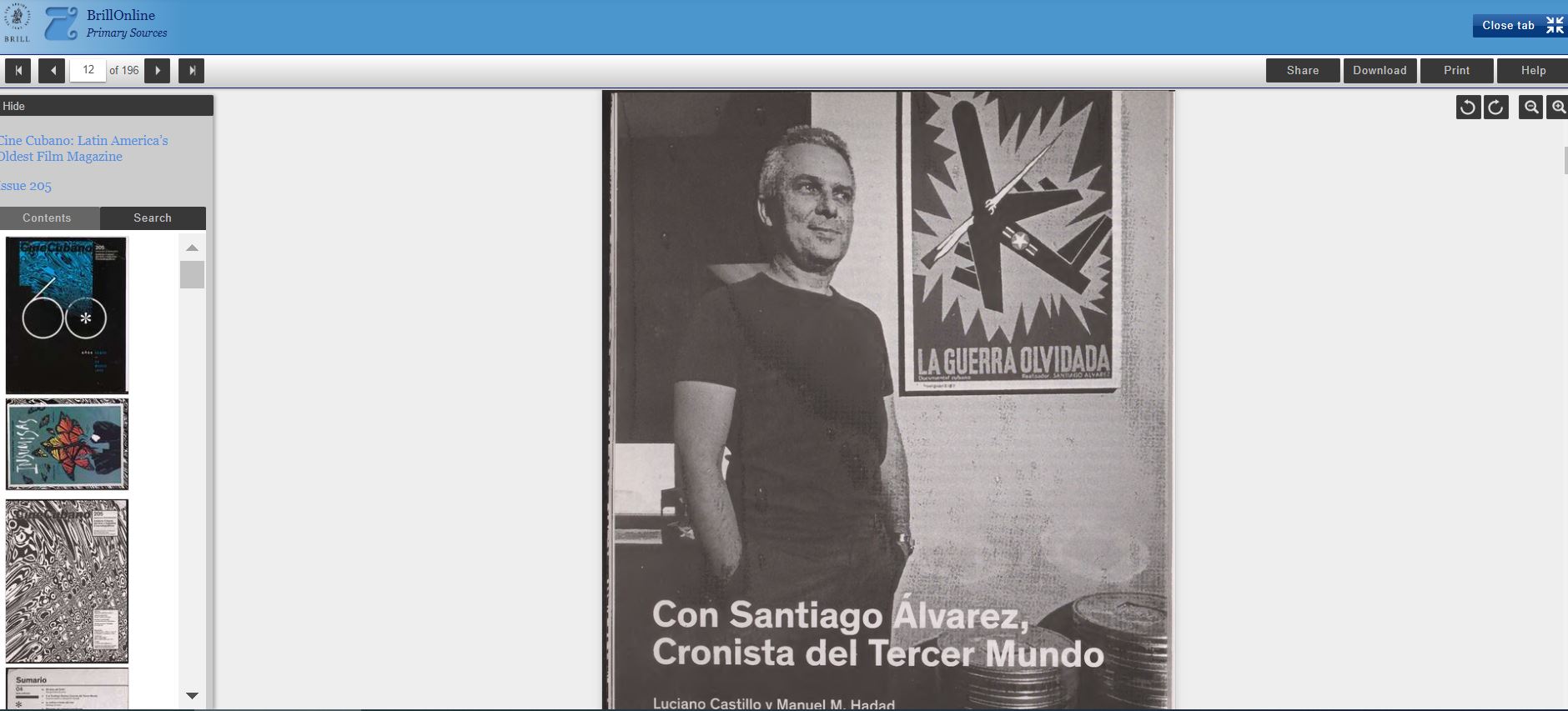
Local and Independent Ukrainian Newspapers on Global Press Archive Electronically Available
The 1990s and early 2000s marked a turbulent period in Ukraine’s history due to the fall of the Soviet Union and the emergence of an independent Ukraine. Despite gaining free speech and property rights, citizens faced economic hardships. Corruption scandals and the murder of journalist Georgiy Gongadze in 2000 sparked nationwide protests against the political elite. The Local and Independent Ukrainian Newspapers collection covers this era up to the Orange Revolution (2004–2005), offering insights from over 900 newspapers across 340 cities, reflecting regional and ethnic dynamics. The collection includes publications in Ukrainian, Russian, and other languages like Armenian, German, Polish, etc., providing a detailed view of historical events. Access to this database is supported by the Center for Research Libraries and its members.
One can access this collection here.
Celebrating Black History Month in the Romance Languages
Contemporary Black, African, and African diaspora writers across the world are redefining literature and criticism in French, Italian, Spanish and Portuguese. Here are some noteworthy books in their original languages recently acquired by the UC Berkeley Library. Translations into English may also be available for some of the better known.
Mélio Tinga
Mohamed Mbougar Sarr
Léonora Miano
Cristina Roldão et al.
David Pullins
Aïssa Maïga et al.
Doris Wieser & Jessica Falconi, orgs
Léonora Miano
Ubah Cristina Ali Farah
Alain Mabanckou, Pascal Blanchard, et Abdourahman Waberi
Evelyne Trouillot
Dimitry Elias Léger
Tierno Monénembo
Djaïli Amadou Amal
Nétonon Noël Ndjékéry
Igiaba Scego
Pierre Singaravélou
Carlos Martens Bilongo
Dorothy Odartey-Wellington, ed.
Camilla Hawthorne
Inocência Mata et al., eds.
Please also see the related English literatures post for Black History Month 2024 and the Black History at Cal library research guide.
Conference at UC Berkeley: Ruling Together Consultation and Collaboration in the Political Regimes of Premodern Eurasia
Ruling Together: Consultation and Collaboration in the Political Regimes of Premodern Eurasia
February 16, 2024
Maude Fife Room, 315 Wheeler Hall, UC Berkeley
Organized by Tang Center for Silk Road Studies
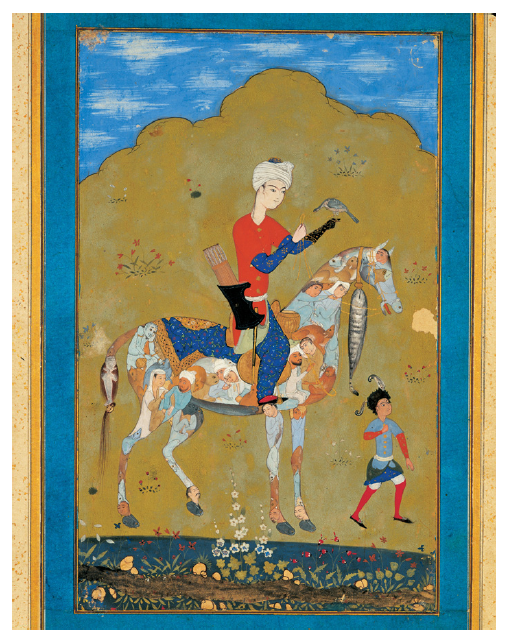
The conference focuses on the medieval and early modern periods (1000-1700 CE) as a crucial era for cross-cultural contact, challenging the lesser emphasis this period has received within “Silk Road” scholarship. It argues that viewing Eurasia merely as a space of intermittent object and idea exchange through trade or diplomacy depoliticizes cultural and goods spread, which is inadequate for understanding the political dynamics of these centuries dominated by the Mongol Empire and its successors. Emphasizing the role of political institutions in transregional history, the conference aims to integrate the study of cross-cultural contact with political history, highlighting Central Asia’s significance in the global political history of the medieval and early modern periods.
8:30 Tea and Coffee
9:00 Welcome Remarks
Panel 1
Who Should Rule? Institutions of Sovereignty and Succession
9:15 Christopher Atwood, University of Pennsylvania
The First Interregnum: Imperial Stake Holders in a (Temporarily) Khan-less World
9:45 Michael Bechtel, Nazarbaev University
Mongol Empire 1229-46: Frameworks of Rule and Redistribution (Related article is here)
10:15 Jonathan Brack, Northwestern University
Chinggisid Family Feuds, Islamization, and the Religious Sphere in Mongol-ruled Iran
10:45 Evrim Binbaş, University of Bonn
The Theater of Constitutional Ideas: The First Timurid Civil War and Shahrukh’s Ascension to Timur’s Throne
11:15 Discussion
11:45 Lunch break
Panel 2
How to Rule? Transcontinental Institutions
1:30 Carol Fan, University of Bonn
Revenue sharing networks within the Mongol Empire and transregional contacts
across Eurasia in the 13th and 15th centuries
2:00 Paehwan Seol, Chonnam National University
The Jarghu: Mobile Courts and Justice Networks of the Mongols throughout East-
West Asia during the 13th to 14th Centuries
2:30 Natalia Królikowska, University of Warsaw
Numerous Nogay peoples, the Circassians and innumerable Tatars’ influence on the decision-making process in the Crimean khanate.
3:00 Discussion
3:30 Tea and Coffee
Panel 3
What is Ruling? Conceptualizing State and Empire
3:45 David Sneath, University of Cambridge
The Lords’ Administration: Mongolian aristocratic governance and the state as social
relation
4:15 Munkh-Erdene Lhamsüren, National University of Mongolia
The Chinggisid Sovereignty: Myth, Archetype, and Transformation (see similar article here)
4:45 Kaveh Hemmat, Benedictine University
Rule of Law in Islamicate Civic Lore Concerning the Mongol Empire and China
5:15 Discussion
Graduate Student Colloquium in Armenian Studies at UCLA
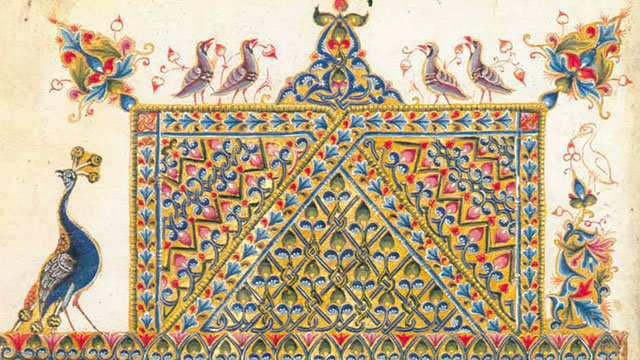
The above image is from one of the pages of the Gladzor Armenian Manuscripts. It was used last year at the 2023 graduate student colloquium
Royce Hall 314
Friday, February 16th, 2024
9:30 a.m.-10:00 Breakfast
10:00-10:10 Opening Remarks
Lori Pirinjian
Director of the 2024 Graduate Student Colloquium in Armenian Studies (Near Eastern Languages and Cultures, UCLA)
Dr. S. Peter Cowe
Narekatsi Professor of Armenian Studies (Near Eastern Languages and Cultures, UCLA)
Panel 1: Contemporary Policy in the Armenian Republic
Chair: Lori Pirinjian (UCLA)
10:10-10:30 Arev Papazian “Fishing Ban on Lake Sevan in Post-Soviet Armenian Republic” (Central European University, Vienna)
Read about the fishing ban here: https://www.azatutyun.am/a/32742178.html
10:30-10:40 Discussion
Panel 2: Modern Political Developments Chair: Lori Pirinjian (UCLA)
10:40-11:00 Orhun Yalcin, “The ARF in the Ottoman Empire” (Ludwig Maximilian University of Munich)
11:00-11:20 Kima Saribekyan, “Cilicia under the French Mandate” (Peter Pazmeny Catholic University, Budapest)
11:20-11:40 Nils Berliner, “Armenian Genocide in Germany” (Technical University of Berlin)
11:40-12:00 Levon-Leonidas Ntilsizian, “Aspects of Greece’s state policy towards the Armenian community in Greece (1945-1975)” (Panteion University, Athens)
12:00-12:25 Discussion
12:25-12:45 Coffee/Tea Break
Panel 3: Early Modern Armenian Communities
Chair: Martin Adamian (UCLA)
12:45-1:05 Andranik Nahapetian, “The Armenian Colony of Nor Nakhichevan” (Free University of Berlin)
1:05-1:25 Andranik Yesayan, “Demographic Transformations in Armenian Peripheral Canton Tavush Under Safavid and Ottoman Rule (1600-1725)” (Institute of History, The National Academy of Sciences of the Republic of Armenia)
1:25-1:40 Discussion
1:40-3:00 Lunch Break
Panel 4: Armenian Literary Practices in Late Antiquity and the Middle Ages Chair: Nora Bairamian (UCLA)
3:00-3:20 Lorenzo Colombo, “Censorship Greek-Armenian” (Universities of Pisa and Geneva)
3:20-3:40 Anush Apresyan, “The Spiritual-Cultural Significance of Translation: Nemesius of Emesa’s Treatise on Human Nature” (Matenadaran Institute, Yerevan)
3:40-4:00 Hayarpi Hakobyan, “Medieval Armenian Book Production in the Lake Van Region in 1275-1350: Scriptoria, scribes, manuscripts” (Martin Luther University of Halle- Wittenberg)
4:00-4:15 Discussion
4:15-4:35 Tea/Coffee Break
Panel 5: Medieval Trade across the Northern Hemisphere Chair: Arpi Melikyan (UCLA)
4:35-4:55 Francesca Cheli, “Chinese Pottery Imports” (University of Florence)
4:55-5:05 Discussion
Panel 6: 19th century Socio-Cultural Developments
Chair: Alexia Hatun (UCLA)
5:05-5:15 Aram Ghoogasian, “Learning to Read in the mid-19th Century” (Princeton University)
5:15-5:35 Emma Avagyan, “19th century Armenian-Jewish Revitalization” (University of Michigan, Ann Arbor)
5:35-5:55 Nazelie Doghramadjian, “Armenian Women’s Archives” (University of Michigan, Ann Arbor)
5:55-6:20 Discussion
6:20-6:35 Guest Speaker
Professor Shushan Karapetian
Director of the Institute of Armenian Studies, USC
6:35-8:00 Reception (Royce Hall 306)
Co-sponsored by Calouste Gulbenkian Foundation, National Association for Armenian Studies and Research, UCLA Department of Near Eastern Languages and Cultures, UCLA Promise Armenian Institute, UCLA Center for Near Eastern Studies, UCLA Center for European and Russian Studies, UCLA Center for Early Global Studies, UCLA Center for the Study of Religion, UCLA Stavros Niarchos Foundation Center for the Study of Hellenic Culture, UCLA Department of Classics, UCLA Leve Center for Jewish Studies, UCLA History Department.
For further details, please consult the website <nelc.ucla.edu>.
—
Svidok: A Story From Every Ukrainian
As the Russian invasion of Ukraine continues without a meaningful resolution in sight, Ukrainians continue to document the stories of Russian aggression in their country. One such project is Svidok. Svidok (свідок) means witness. The bilingual multimedia website allows Ukrainians to record their stories associated with Russian aggression. The purpose of recording is not only documenting their everyday lives but also to bear witness to history as it unfolds in their independent nation-state.
Below is a three-part screenshot of the Svidok’s website. The website also has a memorial board for the fallen heroes and the civilian victims.
Svidok’s self-description is below,
Svidok is your personal war journal. Where you can safely and securely store your experiences of living through the Russian invasion of Ukraine, and collect evidence of all the atrocities and war crimes that were committed by the Russians.
Svidok has been built by Ukraine’s proud citizens and friends in partnership with the AI for Good Foundation to ensure the truth of this war is accurately documented.
Про Свідок
Свідок – це ваш особистий щоденник війни. Ви можете безпечно та надійно зберігати свій досвід життя під час російського вторгнення в Україну та збирати докази всіх звірств та військових злочинів, які були скоєні росіянами.
Свідок був створений щирими громадянами та друзями України у партнерстві з Фундацією AI for Good, щоб гарантувати, що правда цієї війни буде точно задокументована.
Library purchases digital archive of Prensa Libre (Guatemalan Newspaper): 1951-2024
UC Berkeley Library has purchased ongoing access to Prensa Libre Digital Archive (1951-2024). Prensa Libre is a well-respected Spanish-language Guatemalan Newspaper. It began publishing in 1951, and since then has provided extensive coverage of politics, news, social conditions, history, governance issues, Garífuna, Mayan, and other indigenous communities (Pueblos Originarios en Guatemala), and civil war(s) in Guatemala and Central America.
We hope that this newspaper resource will be of great use to our faculty and students who study Anthropology, Politics Social Sciences, History of Central America, and Latin America.
Prensa Libre digital archive can be accessed from off-campus locations using the proxy or VPN here.
Below is the screenshot of the landing page of the archive. It has a robust search interface.
